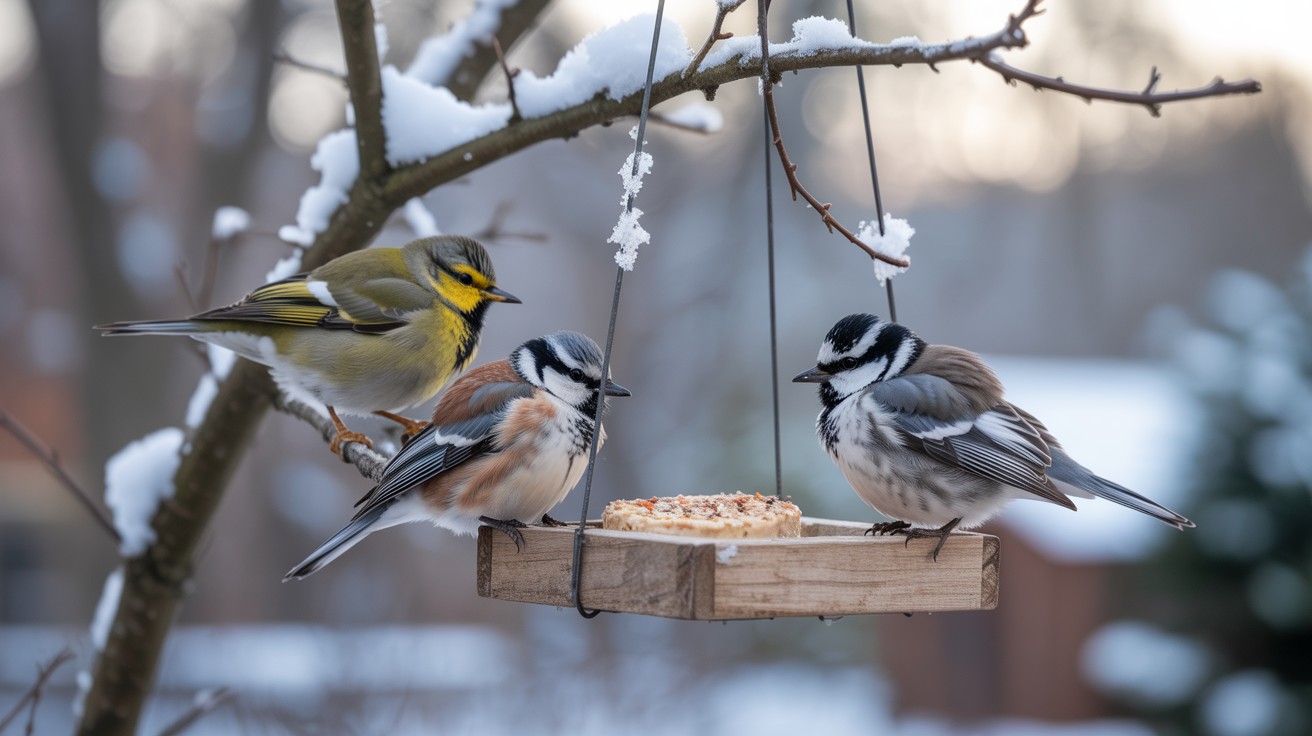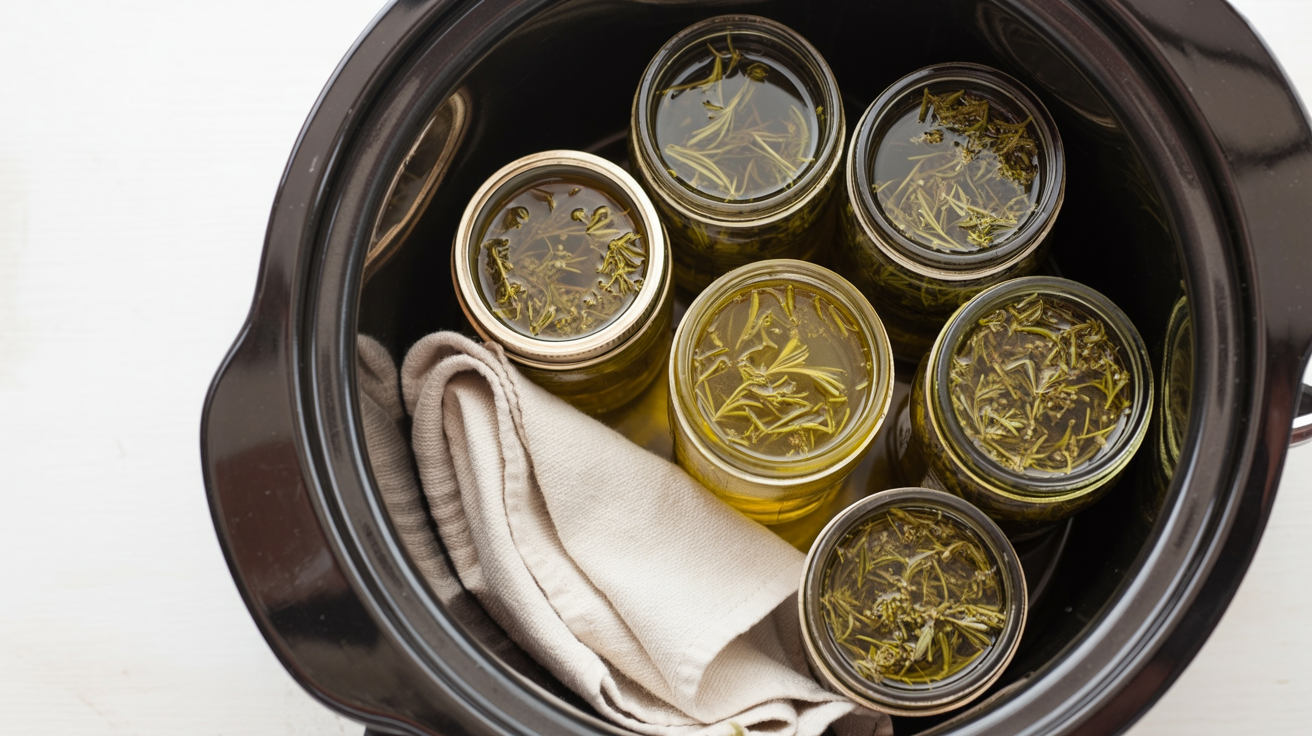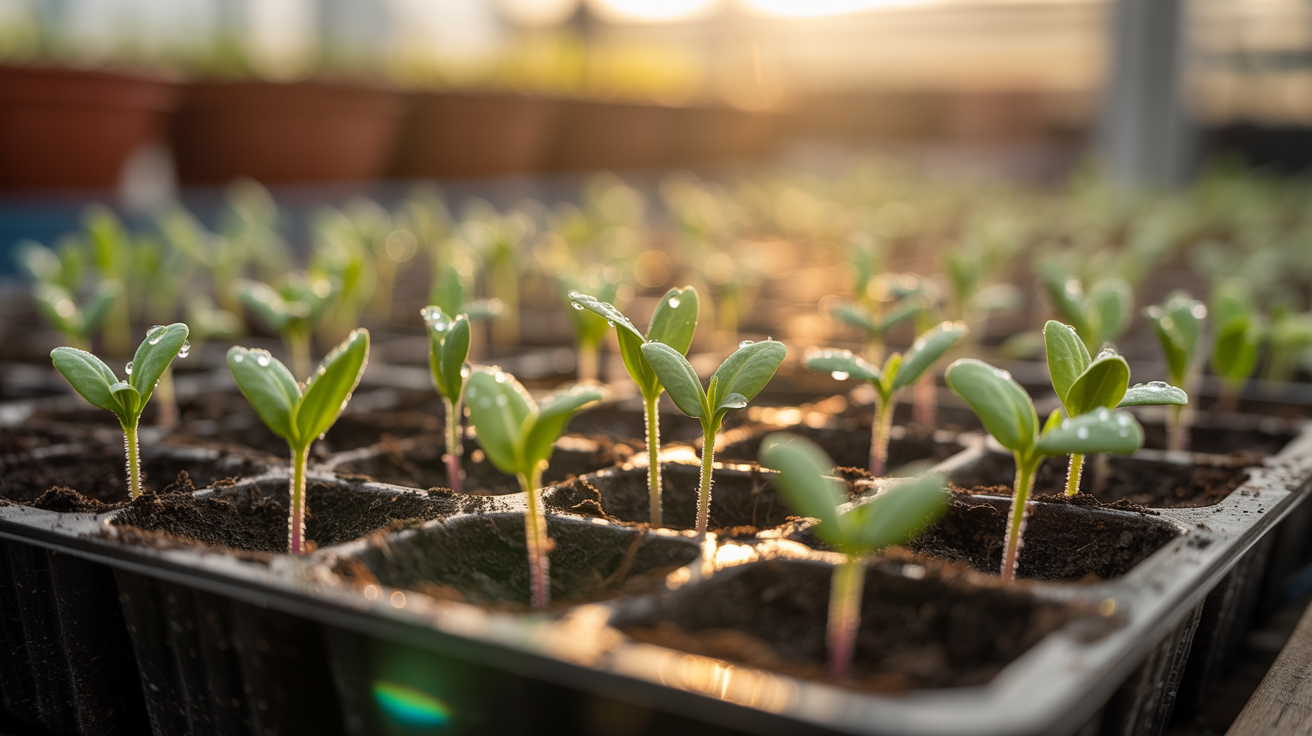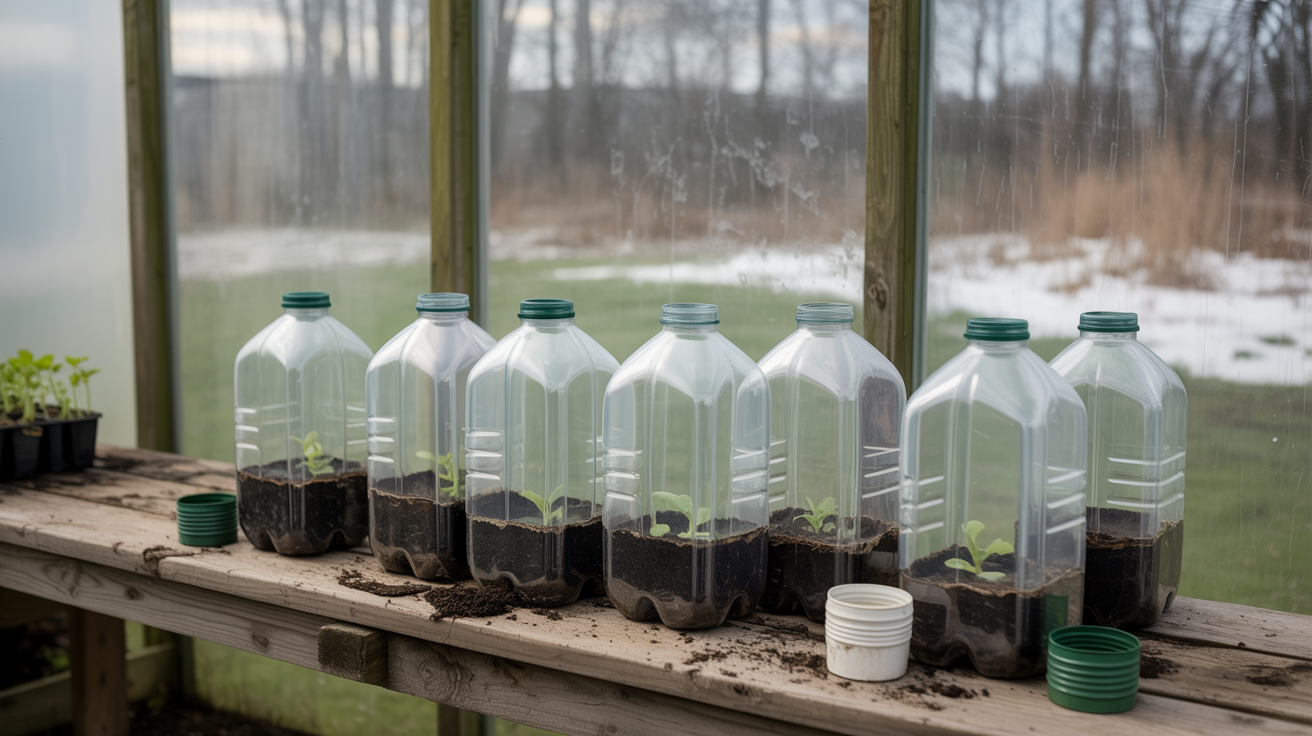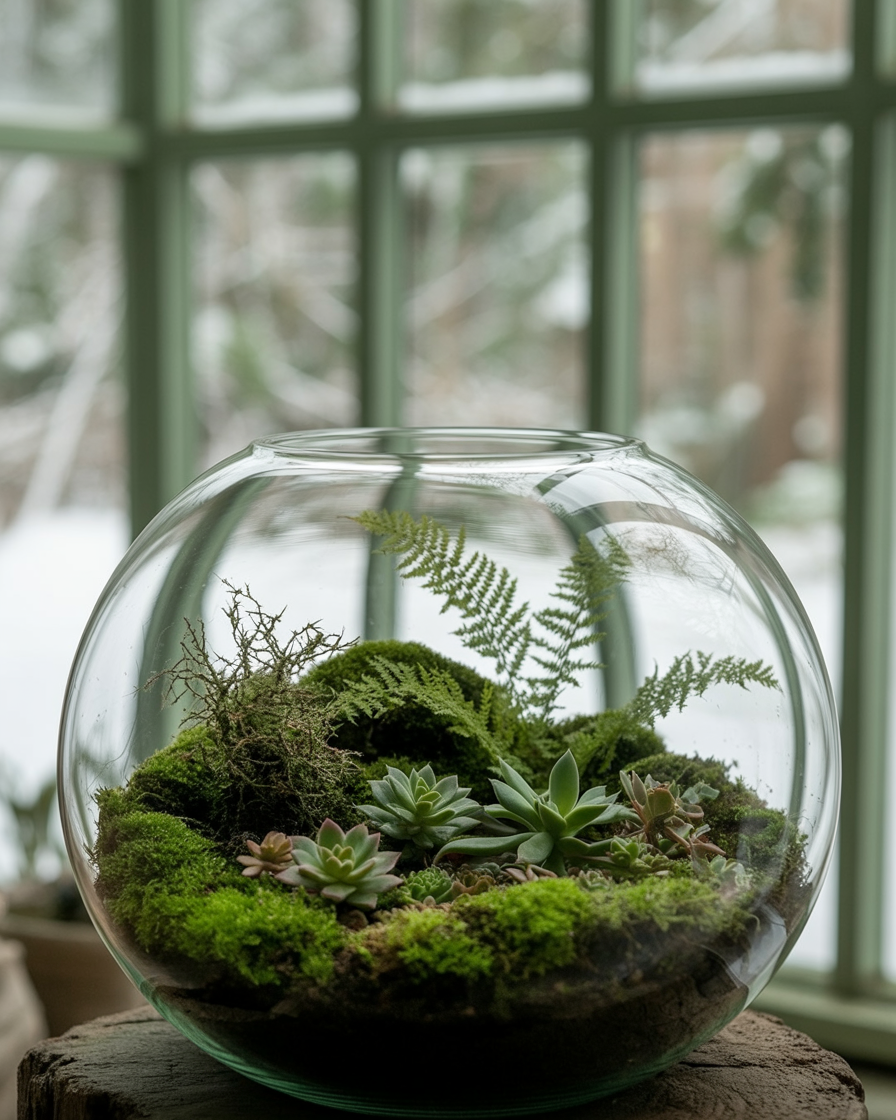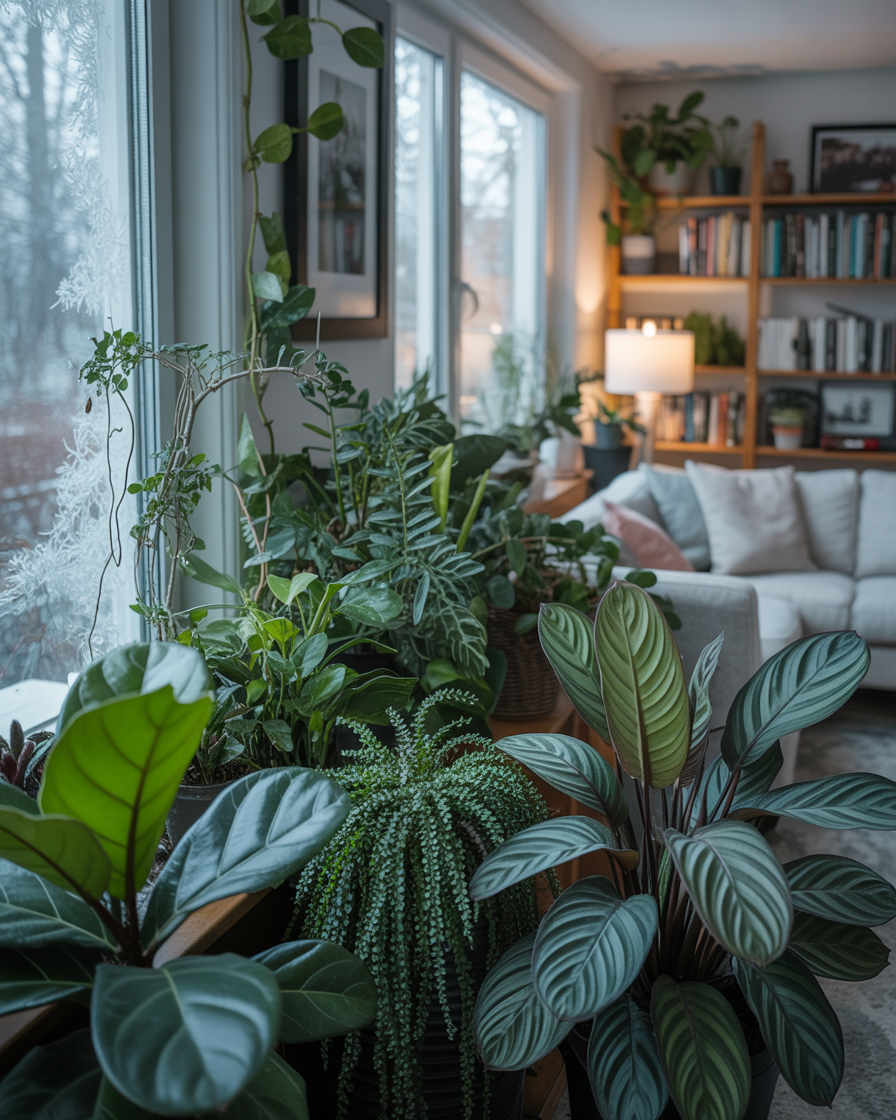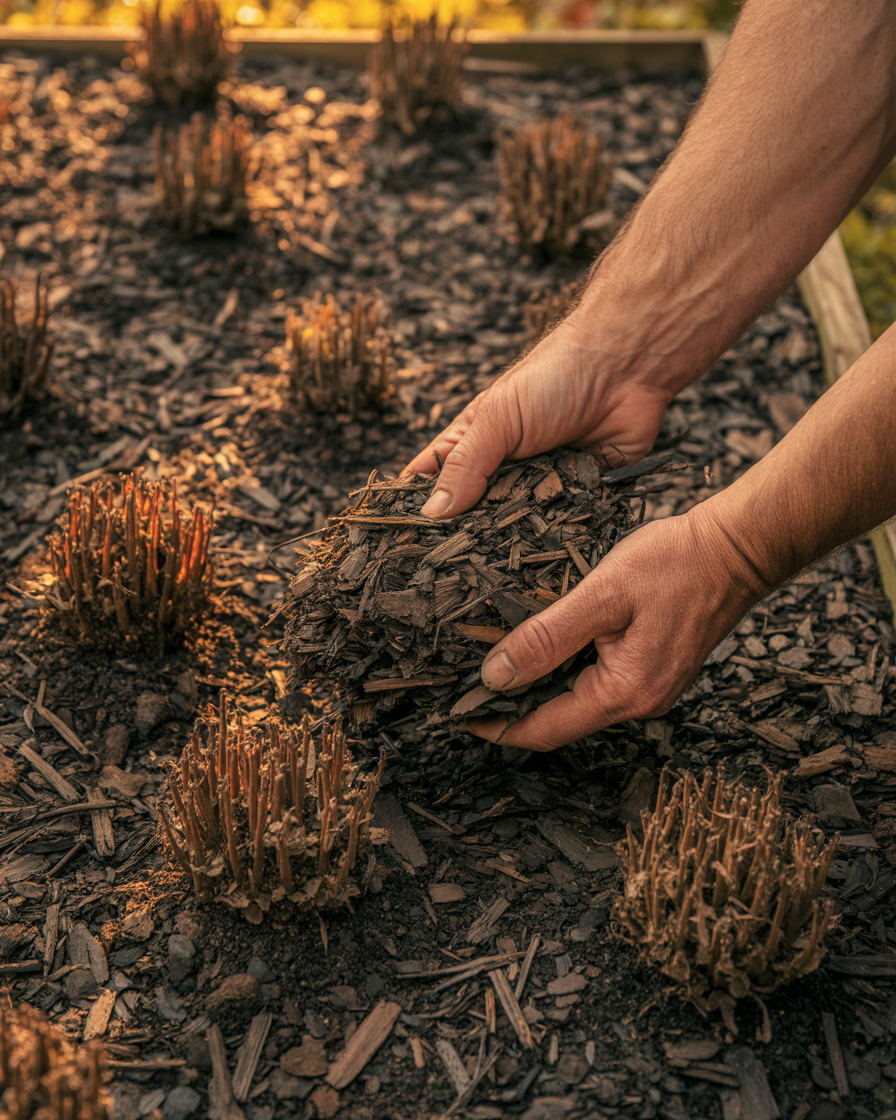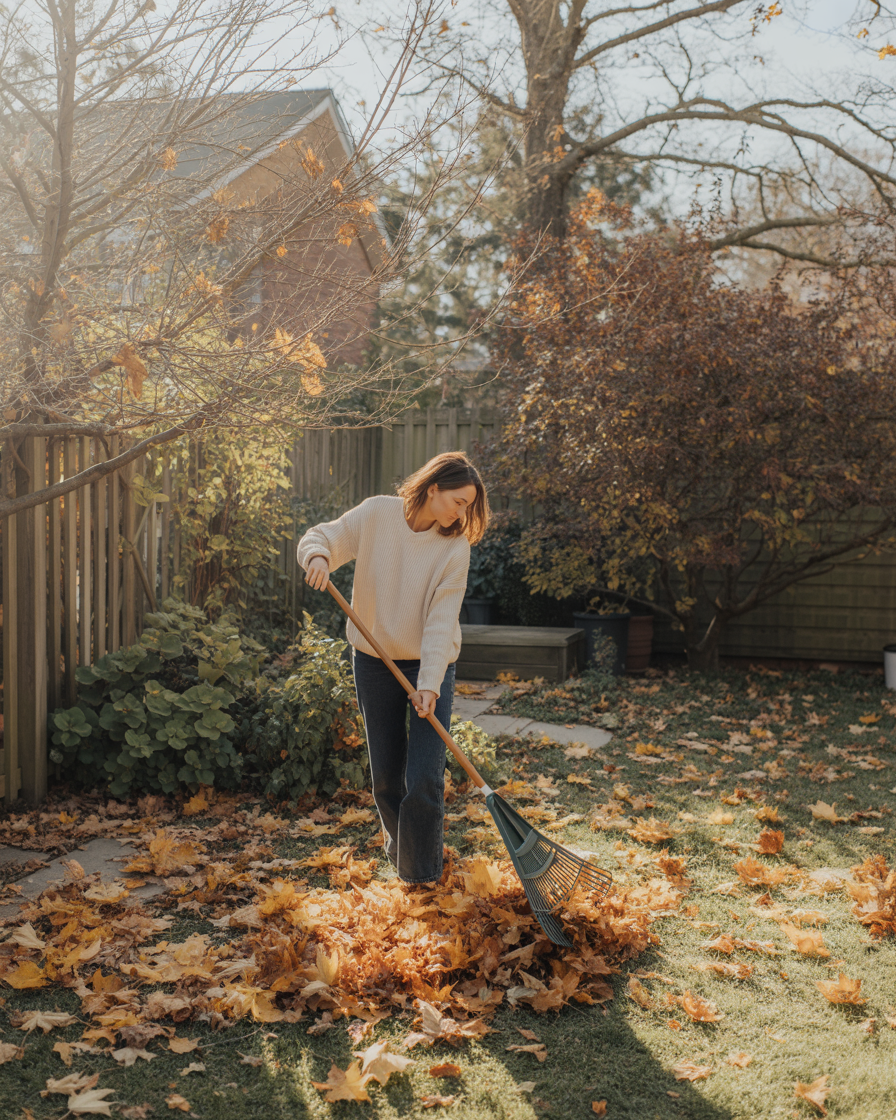🌱 The Dirt on Compost: Breaking It Down
🌱 The Dirt on Compost: Breaking It Down
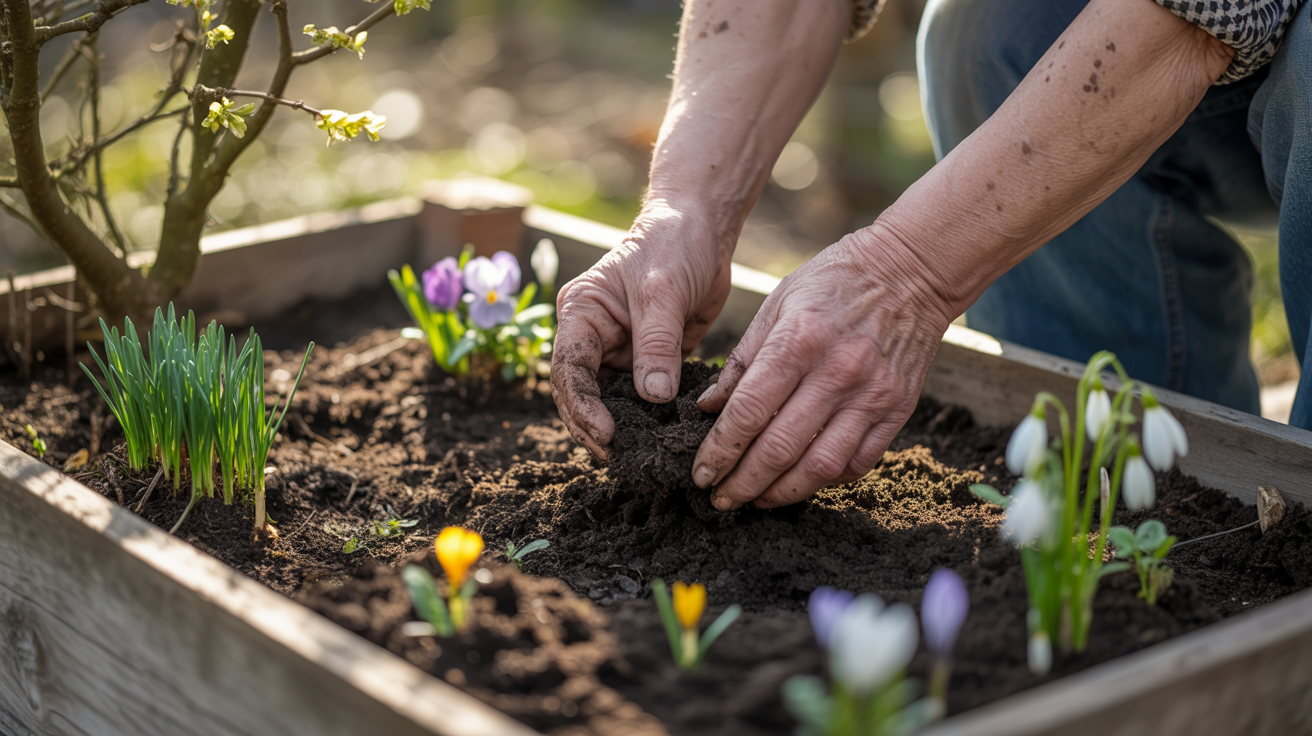
If mulch is your garden’s outfit, compost is the skincare routine. And let’s be honest—every thriving garden starts with healthy, well-fed soil.
Adding compost is one of the simplest (and smartest) things you can do to give your plants that happy glow. Not only does it improve soil structure, but it also:
Enhances water retention 🌊
Fuels beneficial microbes 🪱
Regulates soil temperature 🌡️
Supplies slow-release nutrients 🌿
Helps keep weeds in check 🙌
Think of it as giving your soil a green smoothie—it’s packed with goodness your plants will love all season long.
Compost 101: Types We Love
🌾 Yard Waste Compost
Made from leaves, grass clippings, and plant debris. Great for improving texture and aeration in garden beds.
🍄 Mushroom Compost
A mild, nutrient-rich byproduct of mushroom farming—perfect for revitalizing tired soils.
🐄 Manure (Cow or Chicken)
Rich in nitrogen! Cow manure is gentle, while chicken manure is stronger and should always be well-aged before use.
🌊 Land & Sea Compost
A luxurious blend (like Espoma’s Land & Sea) with lobster, kelp, and other marine ingredients. Ideal for boosting garden vitality.
🪱 Worm Castings (Vermicompost)
Full of gentle nutrients and beneficial microbes—perfect for seed starting or feeding young plants.
Michelle’s Compost Pro-Tips
✔️ Blend It In
Mix compost into garden beds before planting to set the stage for strong roots.
✔️ Top It Off
Use compost as a top dressing for containers or around established plants.
✔️ Amend As You Go
When planting trees, shrubs, or perennials, combine compost with native soil to give them a healthy start.
Ready to Feed Your Garden?
A little compost goes a long way in helping your plants grow stronger, greener, and more productive all season long. Stop by and let’s talk about which type is best for your garden beds.
📍
The Landscape Connection
4472 S. Mulford Rd.
Rockford, IL 61109
(815) 874-8733
www.TheLandscapeConnection.net

